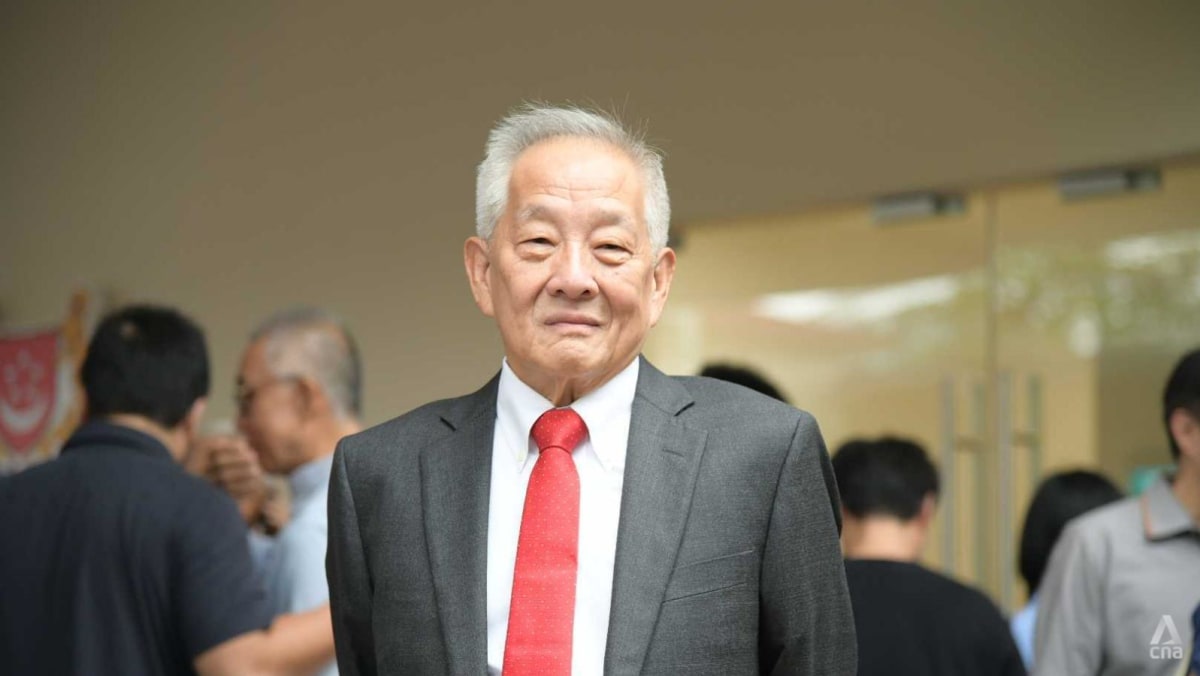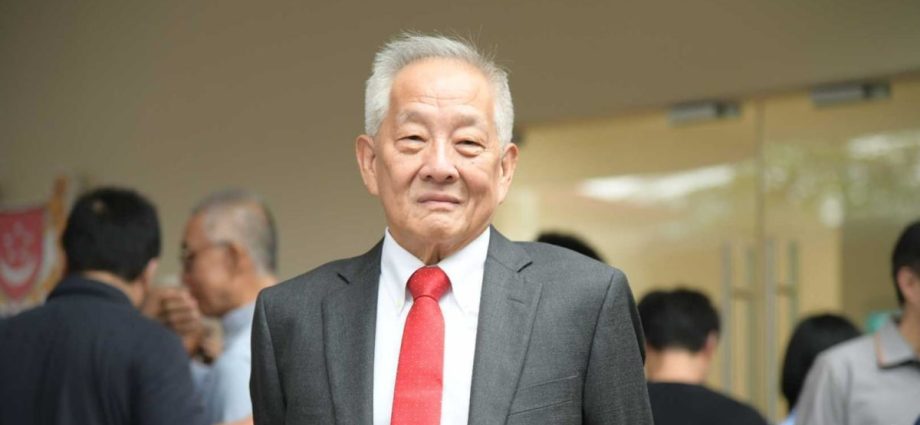
SINGAPORE: Ex-GIC chief investment officer Ng Kok Song has thrown his hat into the ring as a presidential candidate, but whether he qualifies depends on the scope of his responsibilities in his former role and how the Constitution is interpreted.
The third candidate to announce his bid for the presidency, Mr Ng, 75, told reporters on Wednesday (Jul 19) that his application will be based on his work as chief investment officer at GIC, Singapore’s sovereign wealth fund, for six years until he retired in 2013.
Mr Ng started his public service career as an investment analyst in the Ministry of Finance before moving to manage Singapore’s reserves in the Monetary Authority of Singapore when it was formed in 1971.
Mr Ng joined GIC in 1986 for 27 years before retiring, and is now the executive chairman of Avanda Investment Management, an asset management company he co-founded in 2015 with two former GIC colleagues.
Under public sector requirements, presidential candidates must have held office for at least three years as a minister, chief justice, Speaker of the House, attorney-general, chairman of the Public Service Commission, auditor‑general, accountant‑general or permanent secretary.
They also qualify if they were chief executives – or the most senior executives, however named – in Fifth Schedule entities, namely key statutory boards and government companies such as the Central Provident Fund Board, Temasek and GIC – and served for at least three years.
Mr Ng’s role as chief investment officer does not automatically fall under these requirements.
His application will fall under the public sector “deliberative track”. This track is for those who claim to have experience and ability comparable to that of those who automatically qualify, and can effectively carry out the functions and duties of the President, said Singapore Management University’s (SMU) Benjamin Joshua Ong.
“It’s called ‘deliberative’ because the Presidential Election Committee (PEC) has to exercise its discretion in deciding these matters,” said the assistant professor at the Yong Pung How School of Law.
Asked about his eligibility on Wednesday, Mr Ng’s team also cited the public sector deliberative track. Under Article 19(3)(c)(ii) of the Constitution, “the Presidential Elections Committee may consider the public service requirement to be met if the candidate has the experience and ability comparable to, inter alia, the CEO of a Fifth Schedule entity”, Mr Ng’s spokesperson said.

